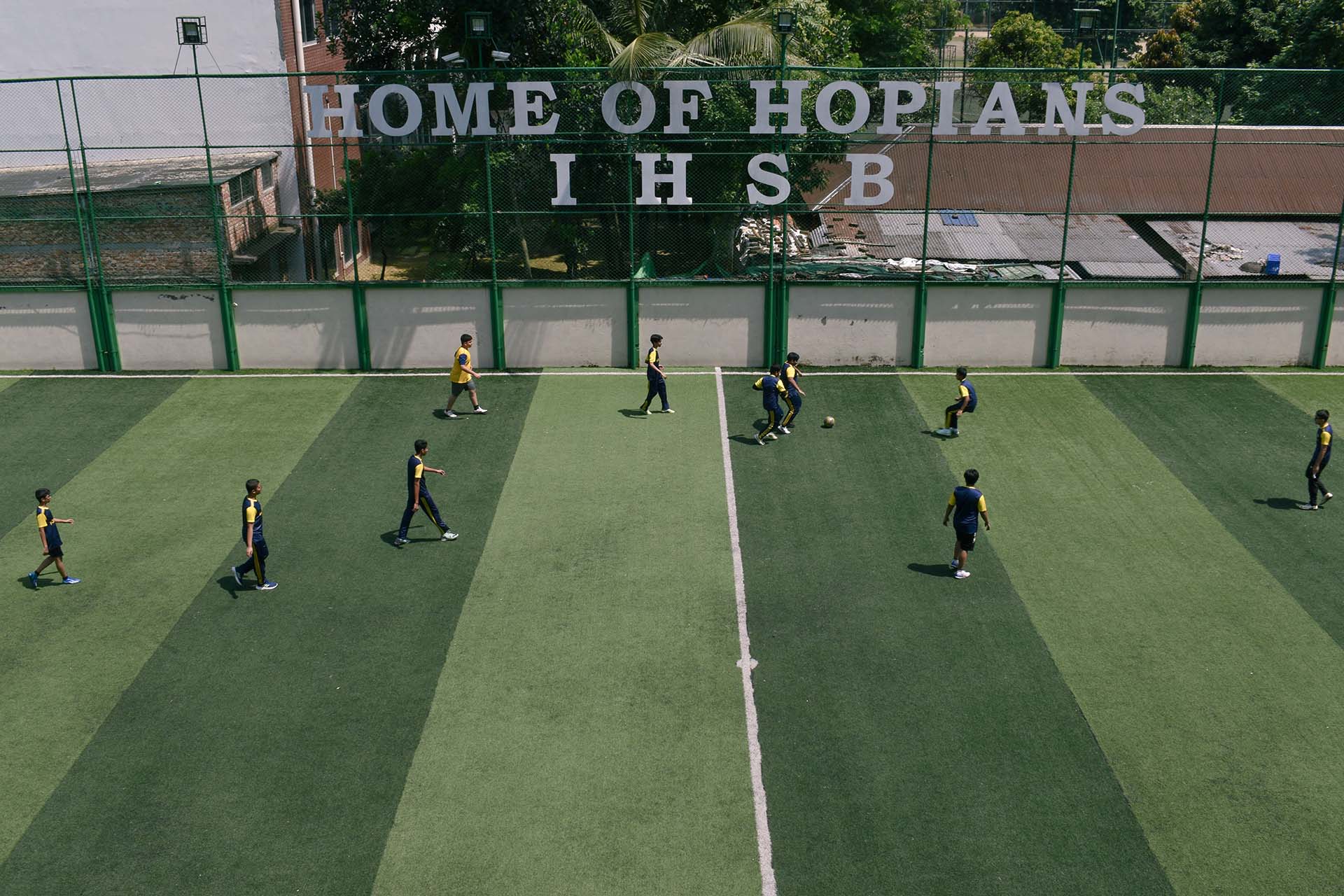
Curriculum
We are a dynamic learning community that aims to inspire the best in everyone, enabling our students to fulfill their true potential. Our broad and challenging curriculum is designed to help our students excel, ensuring they are ready for the next stage of their academic careers. Underpinned by Cambridge International Education, our curriculum emphasizes life skills as much as academic ability, with a focus on community service and leadership that ensures we nurture confident, caring individuals
Curriculum In Details
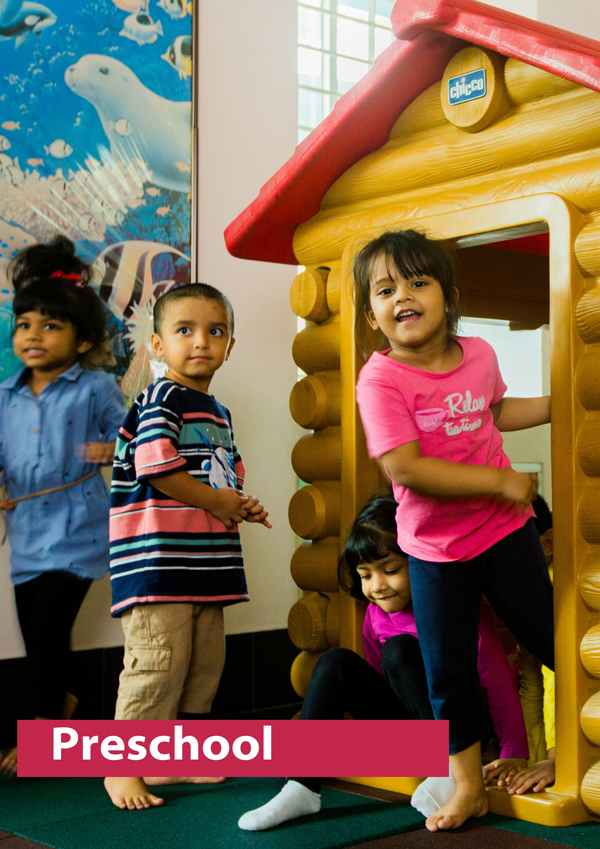
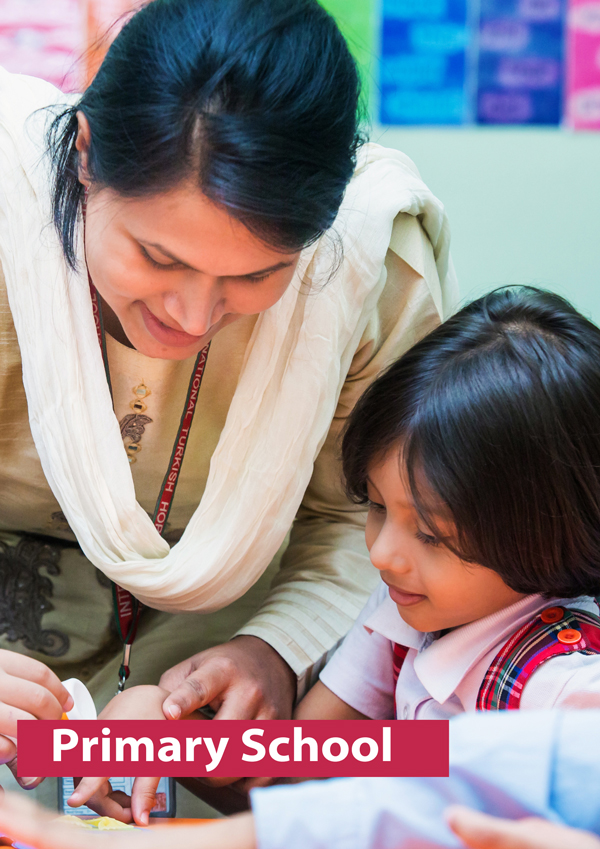
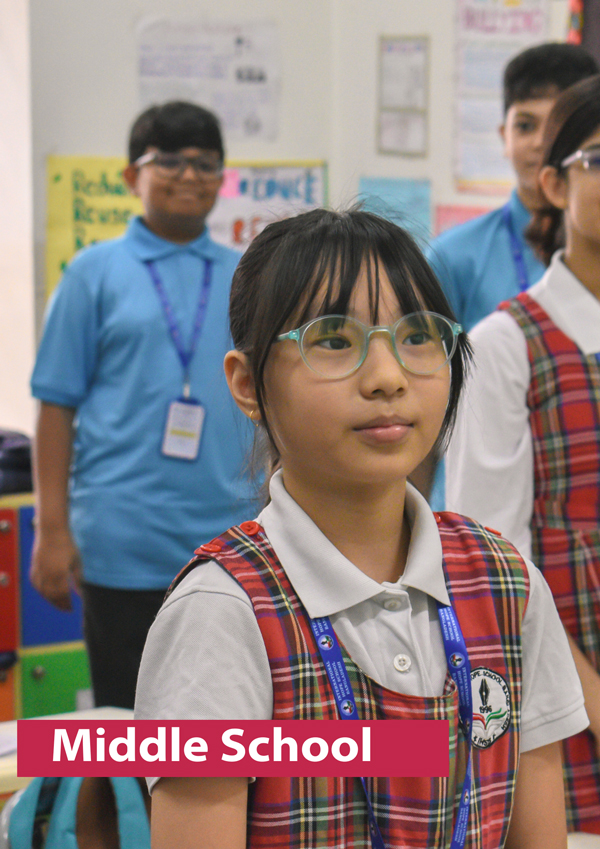
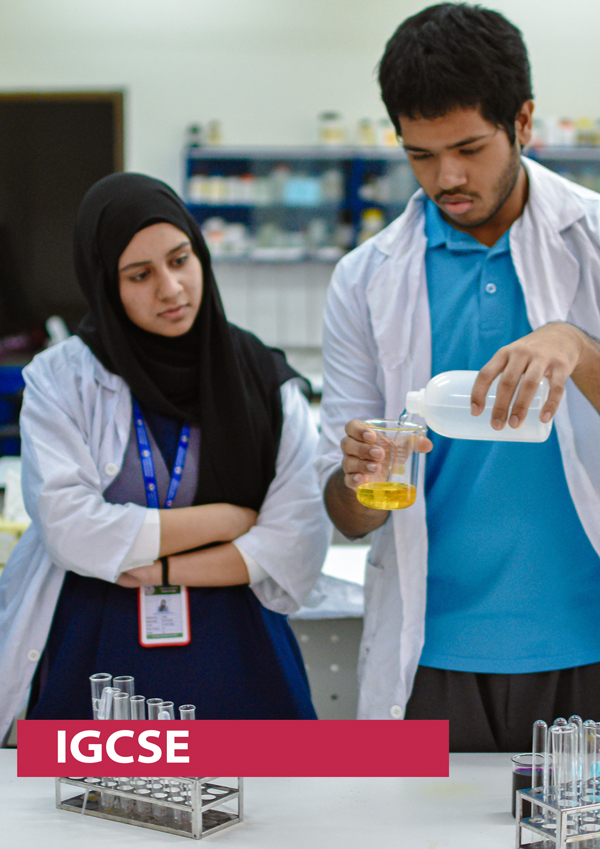
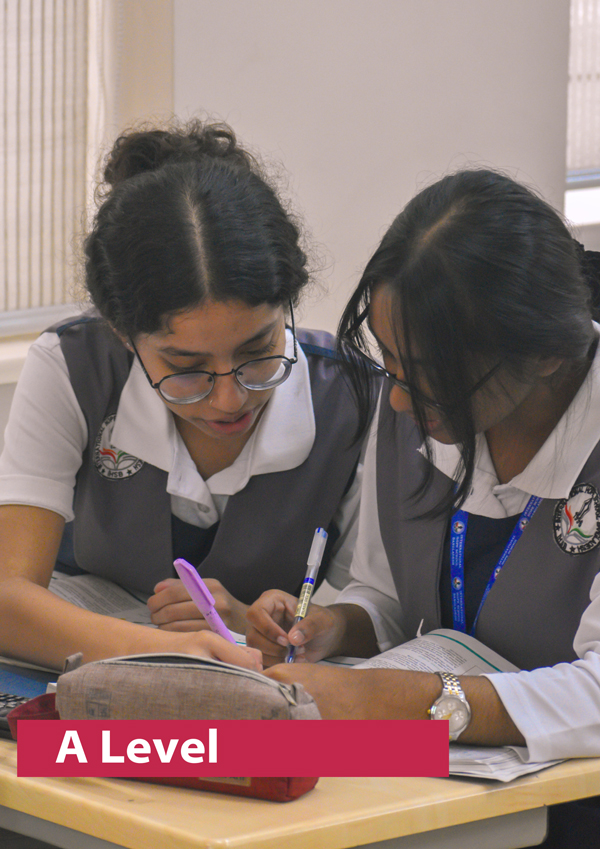
Pre-School Curriculum
IHSB preschool emphasizes holistic child development, placing each child at the center of their educational journey. Our child-centered curriculum fosters curiosity and growth, while a balanced assessment approach—combining formative and summative methods—provides individualized feedback, ensuring every child receives a supportive, enriching, and well-rounded early education experience.
Curriculum Details
- Language & Literacy Development: Expands vocabulary through storytelling, builds letter-sound knowledge with rhymes, strengthens motor skills with tracing, and instills a love for reading with picture books.
- Cognitive Development: Teaches counting and shapes through games, encourages problem-solving with puzzles, and fosters curiosity through nature walks.
- Physical Development: Art supports self-expression, group activities build interpersonal skills, and discussions teach emotional regulation.
- Physical Development: Promotes gross motor skills with running and climbing, while refining fine motor skills through crafts.
- Creative Expression: Encourages creativity with art projects, introduces rhythm and movement for expression, and fosters imagination through dramatic play.
- Practical Life Skills: Builds independence with self-care routines, teaches daily structure, and introduces basic manners
- Cultural & Environmental Awareness: Explores diverse cultures and festivals while promoting environmental responsibility.
- Structured & Free Play: Includes teacher-led learning activities and encourages imaginative, independent play.
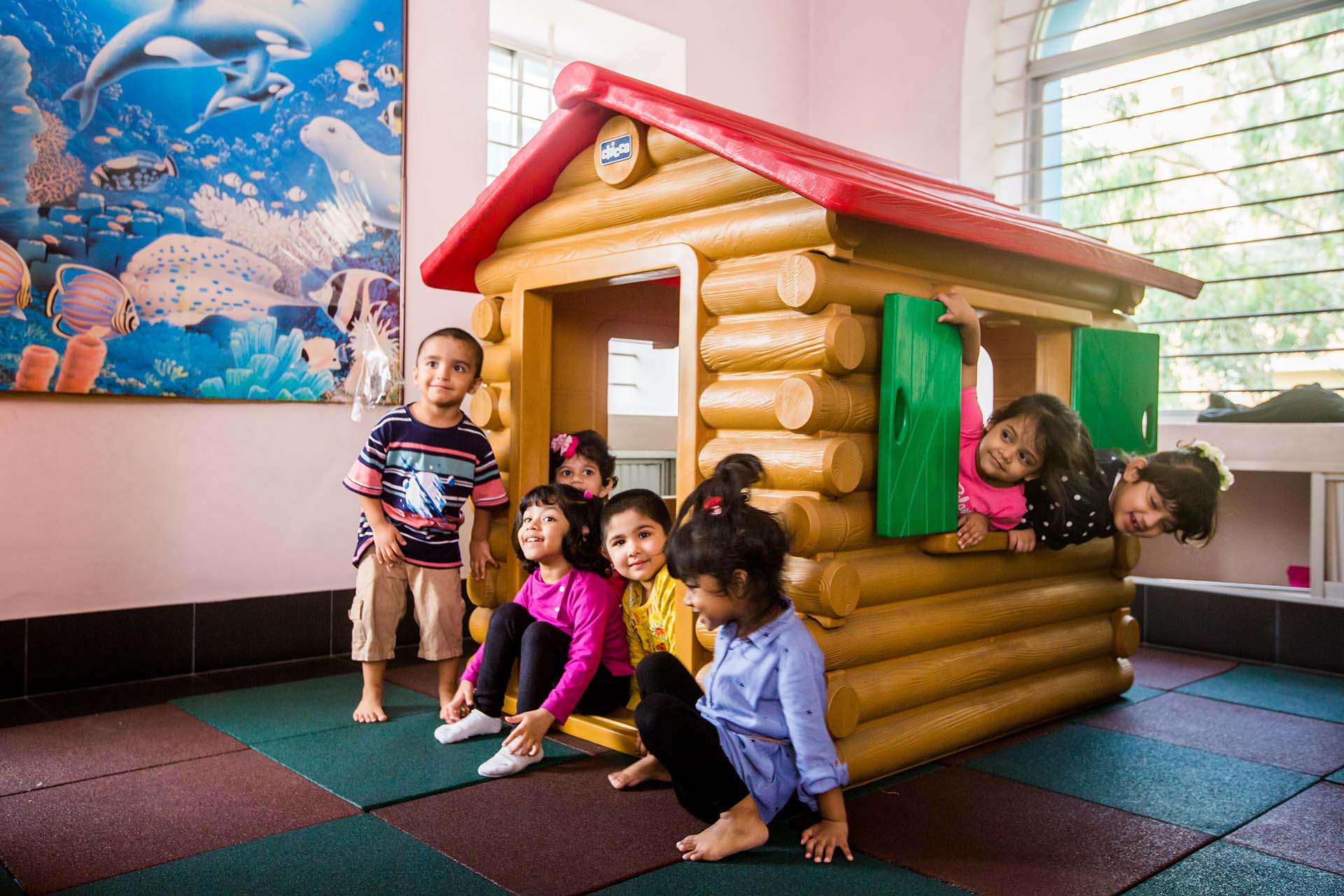
Primary School
At IHSB, our primary school curriculum emphasizes holistic student development through the internationally recognized Cambridge Primary Curriculum. This includes Cambridge Primary Checkpoints and annual progression tests for Years 2 to 5, enhancing confidence and social competencies.
Subject Offered:
- English Language & Literature: Develop critical reading, writing, and communication skills
- Mathematics: Covers essential concepts in numbers, geometry, and problem-solving
- Science: Promotes inquiry in physics, biology, chemistry, and environmental awareness
- Computer Studies: Focuses on ICT competencies, including programming and digital graphics
- Character & Value Education: Instills honesty, empathy, and responsibility
- Art & Music: Enhances creativity and musical understanding
- Physical Education: Supports cognitive, physical, and social development through sports
- Clubs: To add value to their extracurricular activities
Assessment Philosophy: We employ formative and summative assessments, including class tests, performance tasks, and projects. An updated educational portfolio tracks student growth, fostering continuous improvement. Our streamlined curriculum ensures a balanced and engaging educational experience for all learners

Middle School
At IHSB, our middle school curriculum emphasizes holistic student development through the internationally recognized Cambridge Primary Curriculum. This includes Cambridge Primary Checkpoints and annual progression tests for Years 2 to 5, enhancing confidence and social competencies.
Subject Offered:
- English Language & Literature: Develop critical reading, writing, and communication skills.
- Mathematics: Covers essential concepts in numbers, geometry, and problem-solving.
- Science: Promotes inquiry in physics, biology, chemistry, and environmental awareness.
- Bangla: Strengthens language skills for local learners
- Computer Studies: Focuses on ICT competencies, including programming and digital graphics.
- Bangladesh & Global Studies: Teaches geography and citizenship
- Character & Value Education: Instills honesty, empathy, and responsibility
- Art & Music: Enhances creativity and musical understanding
- Physical Education: Supports cognitive, physical, and social development through sports.
- Clubs: To add value to their extracurricular activities
Assessment Philosophy: We employ formative and summative assessments, including class tests, performance tasks, and projects. An updated educational portfolio tracks student growth, fostering continuous improvement. Our streamlined curriculum ensures a balanced and engaging educational experience for all learners
IGCSE
We offer the Cambridge IGCSE program at IHSB, providing a strong academic foundation with a globally recognized curriculum. It equips students with essential skills for higher education and beyond.
Following are the subjects offered. To see their syllabus, click on the subjects.
Subject Offered:
Accounting (0452)
SyllabusBiology (0610)
SyllabusBusiness Studies (0450)
SyllabusChemistry (0620)
SyllabusInformation and Communication Technology (0417)
SyllabusEconomics (0455)
SyllabusFirst Language English (0500)
SyllabusEnglish as a Second Language (0510)
SyllabusMathematics (0580)
SyllabusAdditional Mathematics (0606)
SyllabusPhysics (0625)
SyllabusComputer Science (0478)
SyllabusBengali (3204)
SyllabusA Level
We offer the Cambridge A Level program at IHSB, providing an advanced curriculum that prepares students for higher education and global opportunities. It fosters critical thinking, in-depth learning, and academic excellence.
Following are the subjects offered. To see their syllabus, click on the subjects.
Subject Offered:
